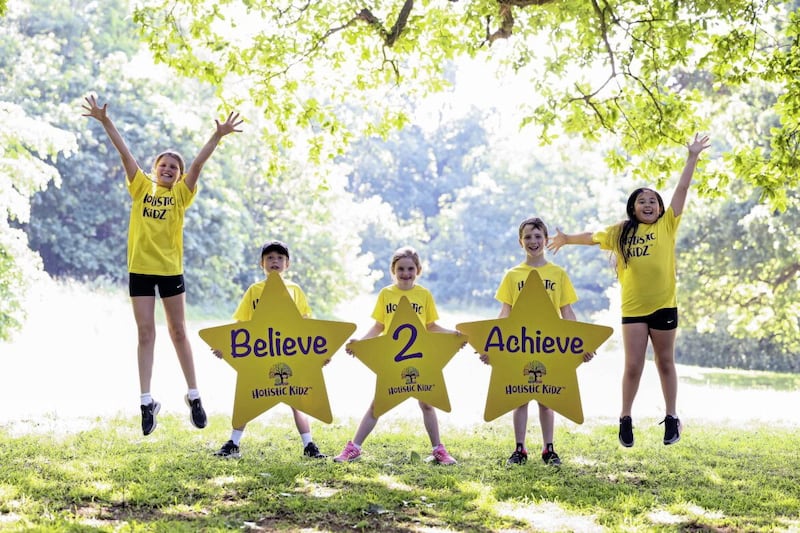THE shocking scenes on Saturday's opening Euro 2020 game, where a player collapsed during the game and had to be resuscitated on the field, left many reeling.
Twenty-nine-year-old Danish footballer Christian Eriksen collapsed shortly before half-time in his team's opening game against Finland.
As his distressed team mates surrounded him, his team doctor provided emergency medical care on the pitch in front of shocked and upset supporters, before paramedics arrived and took the young man to hospital for treatment.
Thankfully he is in a stable condition in hospital, is undergoing tests to discover what happened to cause him to fall suddenly so ill, and was able to send his traumatised team mates a message from his hospital bed.
Denmark's head coach Kasper Hjulmand said that it was thought that Eriksen had a "heart issue" and received CPR on the pitch to resuscitate him before being brought to hospital.
Many watching the scene play out on their television at home were horrified and upset by the incident, and could do nothing but sit at home, helpless, hoping and praying that the young footballer would be OK.
I too was deeply disturbed by the incident, and frustrated by the sense of helplessness it evoked. Watching someone collapse or fall perilously ill in front of you and not being able to help them is undoubtedly one of the worst feelings in the world.
It made me think that we all need to learn CPR, because none of us know what is ahead of us. Learning this life-saving skill could help our parents, our children, our partners, friends or a stranger in the future. Simple CPR should be taught at school.
Everyone, young and old, should know how to help someone until the paramedics arrive.
Recently a loved one of a friend of mine collapsed at home on a normal Saturday night. Despite the panic he remembered how to do CPR from a video he watched, was then also talked through it by the 999 call dispatcher and was able to keep it going until paramedics arrived.
If you watched Saturday's terrible incident unfold and felt a sense of helplessness, do one thing to counteract that horrible frustration and book yourself a first aid course in CPR
His loved one survived, thankfully. He no doubt saved his life, by watching a five minute video on the internet.
If you watched Saturday's terrible incident unfold and felt a sense of helplessness, do one thing to counteract that horrible frustration and book yourself a first aid course in CPR.
In the meantime, here are some simple CPR instructions.
1. Place the heel of your hand on the breastbone at the centre of the person's chest, between the nipples. Place your other hand on top of your first hand and interlock your fingers.
2. Position yourself with your shoulders above your hands.
3. Using your body weight (not just your arms), press hard straight down by 5cm to 6cm (2 inches to 2.5 inches) on their chest.
4. Keeping your hands on their chest, release the compression and allow the chest to return to its original position.
5. Repeat these compressions at a rate of two per second until an ambulance arrives.
6. If there is a defibrillator nearby, send someone to get it. You do not need prior knowledge of how to use one as it will give clear instructions. It could save someone's life.
Please visit this NHS website (nhs.uk/conditions/first-aid/cpr) which has fantastic instructions on how to do this hands-only CPR and also CPR with rescue breaths, CPR on adults, children and babies, and also how to conduct CPR in times of Covid.
There are a wealth of CPR videos online which will educate you in this practise until you can book a first aid course.
Have a look yourself, have your children look at them, and learn from them; and recommend that your family and friends do the same.
You never know when it could save your life or the life of someone you know.
- This article was amended on June 17 2021









